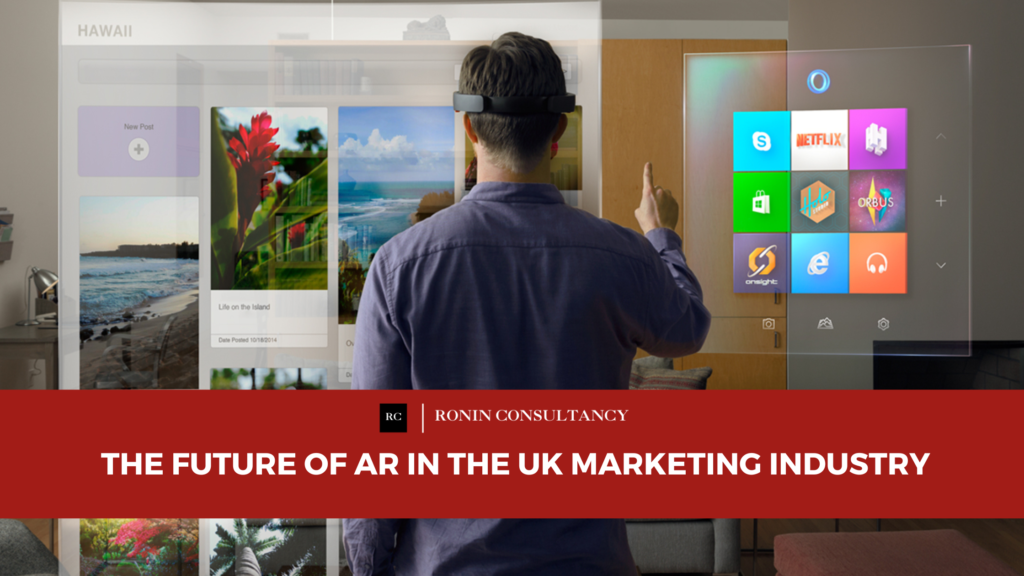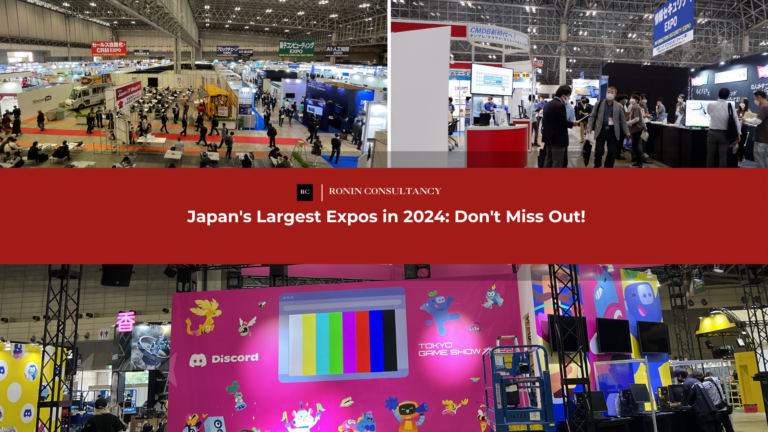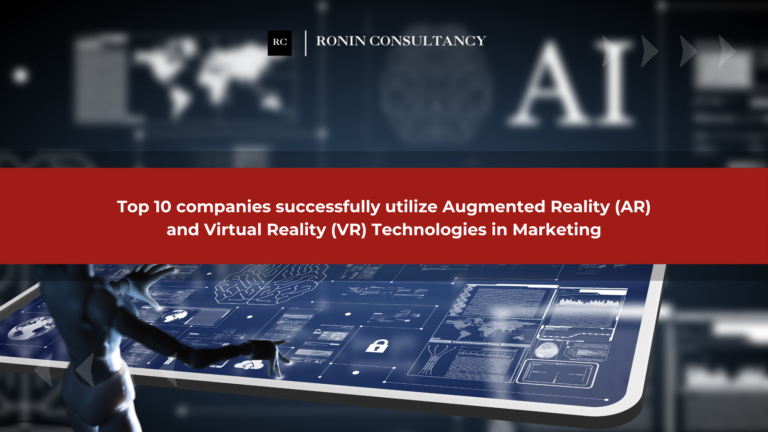In the fast-evolving world of digital marketing, AR or Augmented Reality is revolutionizing the game, offering immersive experiences that captivate consumers like never before. Particularly in the UK, where digital marketing innovation has been on the rise, AR has emerged as a pivotal tool in the arsenal of marketers. Let’s dive into this fascinating world to understand more about its impacts.
1. AR in digital marketing: A revolution

Understanding AR in Digital Marketing
So, what exactly is Augmented Reality (AR)? To put it simply, AR is a technology that overlays digital information in the real world, providing an immersive, interactive experience. AR is not to be confused with Virtual Reality (VR), which completely replaces your environment with a digital one. AR, instead, enhances your current environment.
AR in digital marketing provides an engaging and interactive experience for consumers, taking brand interaction to a whole new level.
The Revolution of AR in Digital Marketing
The revolution of AR in digital marketing is multi-faceted. Here are a few ways in which AR is transforming the digital marketing landscape:
- Improved customer experience: With AR, customers can ‘try before they buy’. This not only improves the shopping experience but also aids in the decision-making process. For instance, AR allows you to see how a piece of furniture would look in your living room before you make the purchase.
- Engaging advertising: AR adverts are interactive, making them more engaging than traditional ads. These ads can provide a lot more information about a product or service, leading to increased interest and potentially, higher sales.
- Unique brand experiences: AR gives brands the opportunity to provide unique, immersive experiences, setting them apart from their competition.
With these transformative effects, it’s clear that AR is not just a trend, but a powerful tool in the realm of digital marketing. As businesses continue to explore and implement AR technologies, the possibilities for its applications seem endless.
2. The UK market: a hub for digital marketing innovation

With the advent of Augmented Reality (AR), the UK market is once again leading the way in technological advancements.
Progressive Adoption of AR
The adoption of AR technology in the UK has been transformative. According to a DMA study, about 40% of internet users in the UK used some form of AR in recent years. This is a testament to the rising influence of AR in the digital marketing sector.
The Growing Importance of AR in the UK
The use of AR in digital marketing is not just a global phenomenon, it’s making significant inroads in the UK market as well. According to a report by Statista, the AR market in the UK is projected to reach $1.36 billion (USD) by 2024. That’s a clear indication that businesses are recognizing the potential of AR and integrating it into their digital marketing strategies.
Notable AR Campaigns in the UK
Several UK companies have successfully leveraged AR technology in their digital marketing campaigns:
- Burberry: The British luxury fashion house launched an AR shopping feature that allows consumers to view how products would look in their environment before making a purchase.
- Unilever: The multinational consumer goods company used AR to create interactive product experiences, boosting consumer engagement.
- Pepsi: Pepsi created a memorable AR marketing campaign in London, featuring an augmented reality experience at a bus stop that surprised and delighted passers-by.
These instances elucidate the immense potential that AR holds in enhancing consumer engagement and interaction. It’s not just a marketing tool but an experience creator, a client communicator, and an engagement enhancer. From providing unprecedented customer experiences to modifying the entirety of the buying journey itself, AR in marketing has only just begun to scratch the surface of possibilities.
3. The future of AR in marketing
The future of AR (Augmented Reality) in marketing is as brilliant as it is boundless. As technology continues to evolve and consumer expectations shift, AR is emerging as a game-changing tool in the marketing arsenal. But what does the future hold for AR in marketing?

Personalized Experiences
Personalization is the cornerstone of effective marketing. In the future, we can expect to see AR deployed in more innovative ways to deliver highly personalized and engaging experiences. Imagine walking into a store and seeing products highlighted based on your preferences or past purchases, all thanks to AR!
According to a study conducted by the International Journal of Information Management, personalization increases customer satisfaction, which in turn boosts sales.
Interactive Product Demonstrations
AR could also revolutionize product demonstrations. Instead of simply telling customers about your products, you can show them. Customers can use their smartphones to visualize how a piece of furniture would look in their homes or how a car would look in their driveway. This immersive experience can significantly improve conversion rates.
Challenges and Opportunities
While the future of AR in marketing looks promising, it’s not without its challenges. Marketers will need to find creative ways to integrate AR into their strategies without disrupting the user experience. However, these challenges also present opportunities for innovation and growth.
|
Challenges |
Opportunities |
|
Integrating AR into existing marketing strategies |
Opportunity to create more immersive and engaging campaigns |
|
Ensuring user-friendly AR experiences |
Opportunity to boost customer satisfaction and loyalty |
The future of AR in marketing is bright. As we continue to push the boundaries of technology and creativity, we can expect to see even more remarkable uses of AR in the marketing field.



